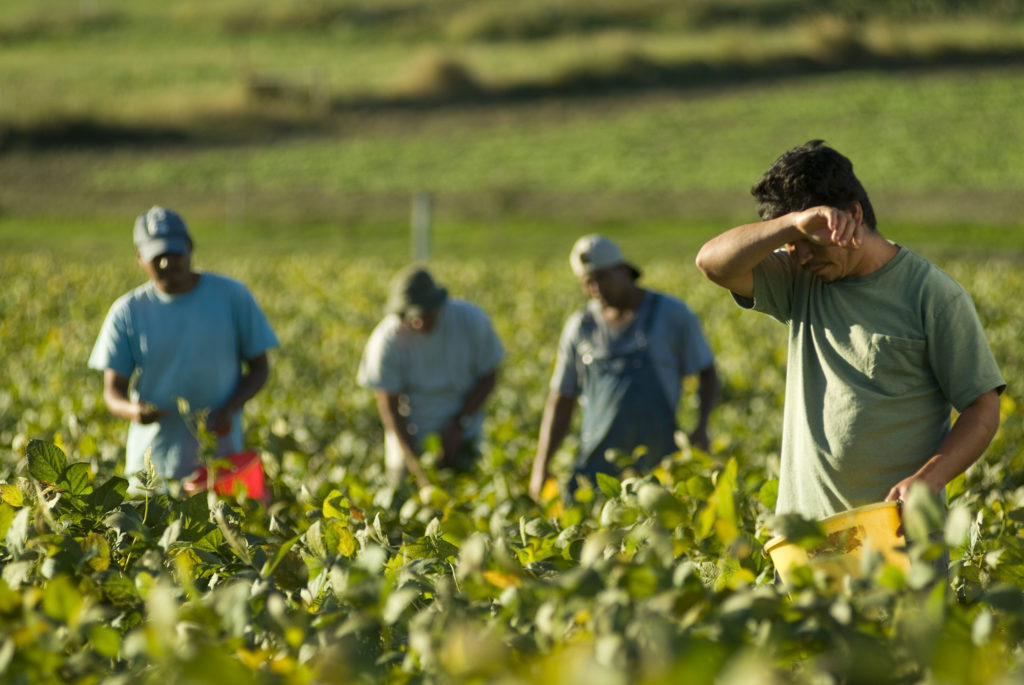
Human trafficking is a lucrative worldwide criminal industry. Millions of people are living in slavery today — even some in Utah County.
“People are vaguely aware (of human trafficking), but tend to think of it as an international problem — something that happens somewhere else,” Matthew Mason, faculty advisor for BYU’s Anti-Human-Trafficking Club, said. “(However) both sex trafficking and labor trafficking happen in Utah County.”
Some unique factors contribute to this local criminal enterprise. I-15 serves as what Mason called a “corridor” for trafficking, allowing traffickers to take their victims across state lines. In Utah County, sex trafficking is more common than labor trafficking, despite opposite worldwide trends.
The Utah Attorney General’s SECURE Strike Force, a law enforcement partnership targeting human trafficking, has 20 active human trafficking investigations, according to task force coordinator Anna Fletcher. Between January and June, SECURE conducted 37 investigations and prosecuted three cases, all of which ended in conviction.

The number of local human trafficking cases has risen in recent years, though according to the Attorney General Office assistant chief of investigations, Nathan Mutter this is a result of increased awareness rather than increased crime.
This increase in awareness, he said, is largely because of the Utah Trafficking in Persons Task Force, which was commissioned by Utah Attorney General Sean Reyes to combat modern slavery.
The task force is comprised of many entities, including SECURE Strike Force and other law enforcement agencies, nonprofit organizations, victim advocates and victim outreach groups. These entities gather monthly for conferences where they receive training, network among services and discuss problem-solving tactics.
The task force also offers presentations for citizen, church and community organizations to train, educate and raise awareness of the human trafficking. These trainings teach individuals what human trafficking is and how to recognize and respond to warning signs.
“If we only train the people that interact with folks involved in human trafficking, then we’re missing a whole lot of the population that can potentially see it and not know it,” Mutter explained.

The most common victims of human trafficking are at-risk groups, such as runaway youths from broken homes, undocumented immigrants and refugees, the homeless and kids aging out of the foster care system. Traffickers exercise control over their victims by promising them employment or housing, seizing the victim’s legal documents or posing as a romantic partner to establish an intense emotional bond.
“Traffickers are good at spotting a victim’s weakness, a victim’s vulnerability,” Mutter said.
Traffickers then exploit these vulnerabilities to maintain control, causing victims to feel trapped and powerless.
Many local organizations work with the task force. Operation Underground Railroad, a Utah-based nonprofit dedicated to fighting child enslavement, supports and consults with law enforcement agencies worldwide. The organization has assisted in the arrest of 1,511 child sex traffickers and the rescue of 2,797 trafficked children since it was founded in 2013 according to nonprofit public relations manager Brielle Colby.
BYU’s Anti-Human-Trafficking Club also fights local slavery. The club hosts events to raise awareness about human trafficking and provides service and fundraising for nonprofit and government organizations. These and other groups coordinate with the Utah Trafficking in Persons Task Force to rescue victims and bring justice to perpetrators.
“At the end of the day, it’s about serving the victims involved in the trafficking and then holding their traffickers accountable,” Mutter said.
To report any warning signs of human trafficking, call the National Human Trafficking Hotline at (888) 373-7888.




